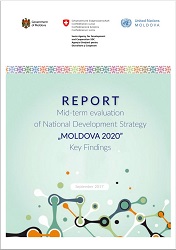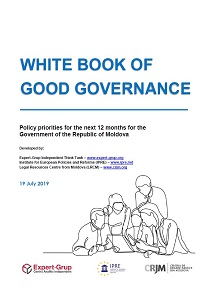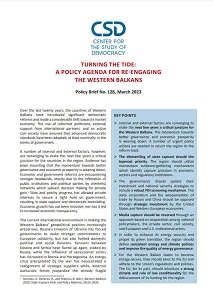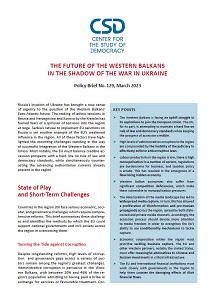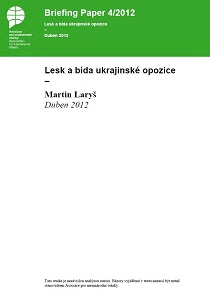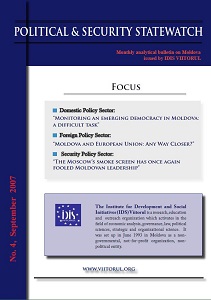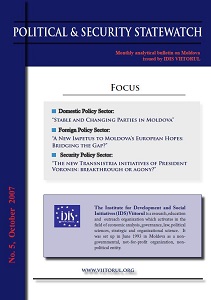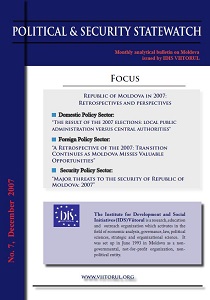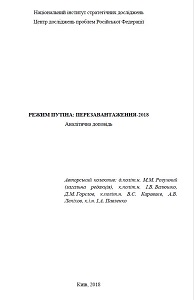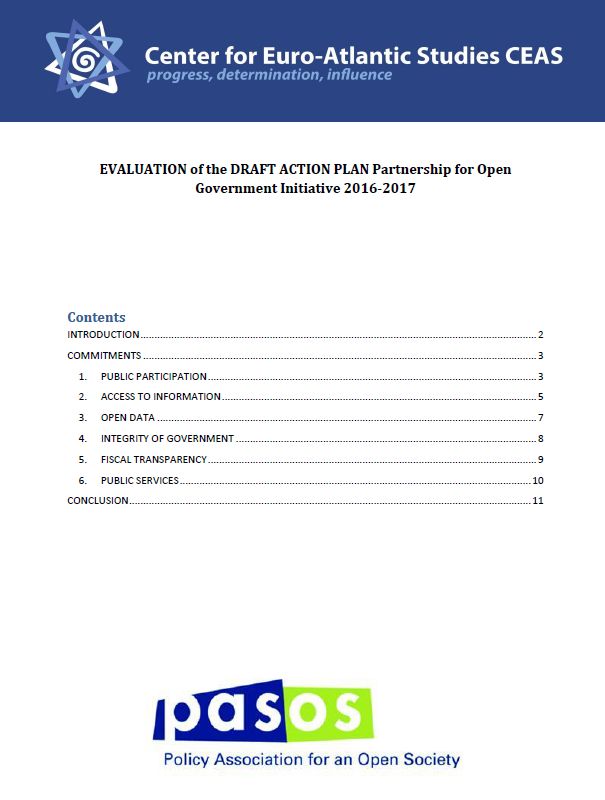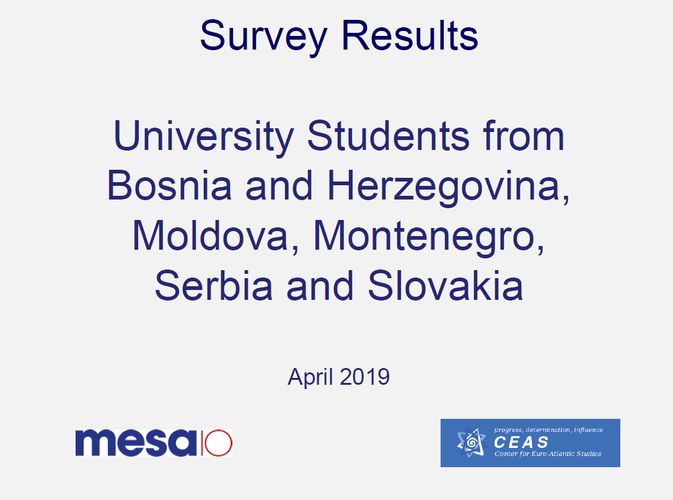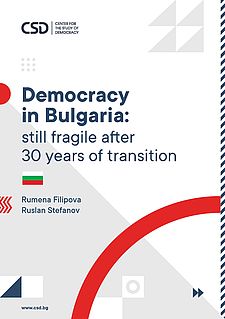
Democracy in Bulgaria: still fragile after 30 years of transition
On the 31st anniversary of the beginning of the democratic transition in Bulgaria, the Bulgarians' attitudes towards democracy remain equivocal. In this analysis, based on a special poll carried out by GLOBSEC, Slovakia, CSD highlights the key dimensions of the Bulgarian population's attitudes towards the preferred form of governance, justice, traditional values and trust in the media. One of the key findings is that democratic norms and principles continue to be unconsolidated within Bulgarian society as a greater proportion of Bulgarians favor a 'strongman' model of leadership, unobstructed by elections or parliament, over а liberal democratic system. These results suggest that Bulgaria needs to put special efforts in order to shore off authoritarian tendencies and nurture democratic traditions.
More...
